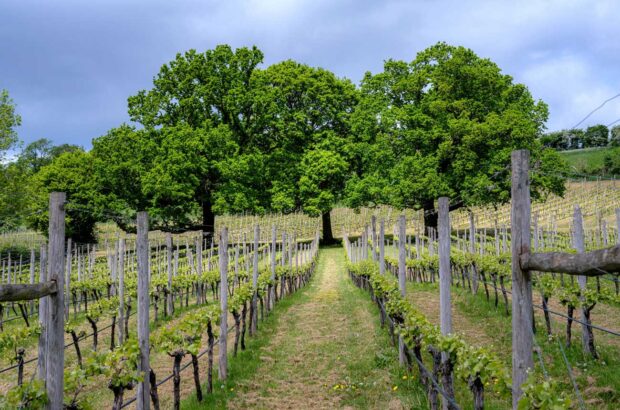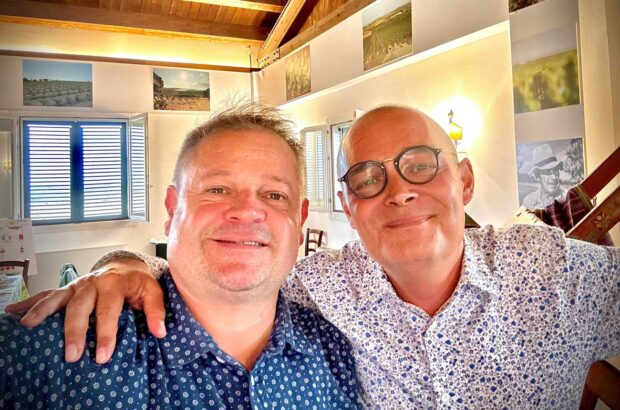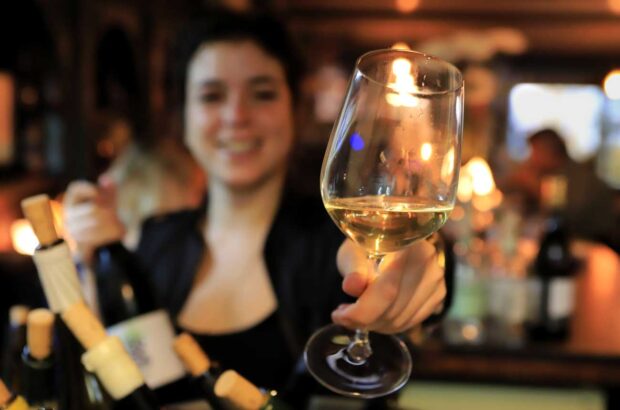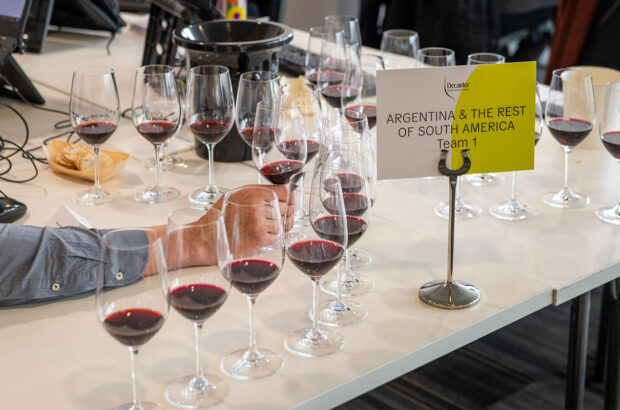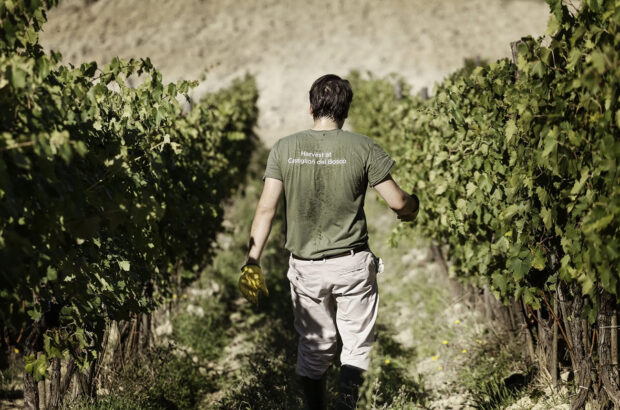Leading up to the 200th anniversary of the first plantings of grapevines in the country in September, New Zealand Winegrowers presented an impressive line-up of more than 80 organic and biodynamic wines.
A two-hour masterclass led by three well respected, if relatively small New Zealand organic producers – Rudi Bauer of Quartz Reef, Nick Mills of Rippon, and Jack Weaver of Churton – can really only scratch the surface of a topic that touches on issues that the whole world is currently grappling with.
Early progress
New Zealand can already justly claim to be a nation that’s acutely aware of its environment and the protection of it. So a move towards organics in New Zealand wine seems perfectly logical.
But even here, the figures show it’s starting from a small base. A little more than 10% of New Zealand wineries (70 of 677) now hold organic certification from the official body, Biogro, of which only 49 are as yet fully certified.
In overall terms, just 4.6% of all New Zealand vineyard land (which was 37,969ha in 2018) is certified organic, though in some smaller regions with a greater leaning towards artisan production, the proportions are higher: 16.7% organic in Central Otago, 8.9% in Nelson, 7.9% in North Canterbury and 7.4% in Wairarapa, for instance.
Yet we can expect more. ‘Organic is effectively drifting from the south [island] to the north,’ said Bauer. ‘Hawke’s Bay is very interesting, with several producers on the move, and Nelson has a long history in organics.’
The Organic Winegrowers NZ organisation now has more than 190 members, many of whom are either in the conversion process or learning about it.
To put the scale of it in context, in Spain – the world’s biggest producer of organic wines, according to Organic Wine Iberia – there were 939 organic wineries in 2017 (more than doubling since 2009), across more than 106,000ha and representing 11.2% of land under vine in the country.
Quality proposition
Yes, you do have to pay something for the extra work and elevated risk involved in producing organic products grown in a plot of well-tended soil, anywhere in the world. But New Zealand wine already claims the highest average bottle price in the UK, now comfortably above £9 for its red wines. And when you’re talking about wines that top the £15-mark, you’re really talking about ‘good wine’ which happens to be produced to organic standards.
As wine writer Charles Metcalfe, in the masterclass audience, pointed out, there are many wines from France, notably Pinot Noirs from Burgundy, which have for decades been sold at very high prices, and they are also produced organically – however few people are aware of it. The producers don’t choose to put it on their labels and have never felt the need to talk about it in their marketing.
For producers in New Zealand, it goes way beyond the question of price. ‘Awareness of organics also brings an awareness of how you run your vineyard overall,’ said Bauer. ‘If you want to get a plant that is truly reflective of its place,’ agreed Mills, ‘your job is to look after all the microflora that are making that happen.’
And that precludes the use of fossil fuel-based fertilisers, herbicides, insecticides and the like. ‘The largest biomass on the planet is something we can’t even see – it’s beneath our feet,’ Mills said, adding: ‘I think you’ll see that there is matter and substance, a texture to these wines – tactile sensation. This to me is the start of a calling card of wines that have been grown by organics and biodynamics.’




